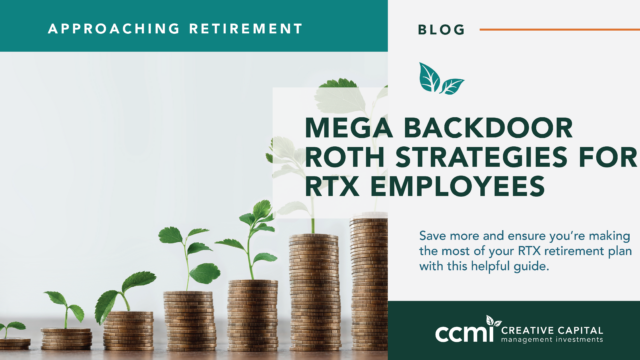At this time of year, 10/31 means Halloween, but in the financial world, it reminds us of a common strategy in real estate called a 1031 exchange. The COVID era has caused business owners to rethink their office space needs and owners of rental property think about upgrading. As real estate is being reimagined, you may consider a 1031 exchange to help with the tax burden associated with selling property.
What is a 1031 exchange?
A 1031 exchange is a transition of investment or business property that allows the deferral of capital gains taxes. There are rules that require reinvesting the proceeds from the sale into a property or properties that are considered “like-kind” and of equal or greater value. Additionally, there are time limits within which 1031 exchanges must be executed.The strategy gets its name from the Internal Revenue Code that addresses these types of transfers, Code Section 1031.
How can a 1031 exchange benefit my business?
These types of exchanges allow for deferral of capital gains taxes and can be used to upgrade the value of real estate. They can also be used for consolidation, diversification, and/or estate planning purposes. There are many examples of how a 1031 exchange can be used, but here is a basic one: A couple owns a beachfront condo bought in 2009. They rent it for passive income and its value has significantly appreciated since 2009 due to its location and improving economic conditions. They like owning rental real estate, but would prefer to own a duplex rental instead of a single condo, although they don’t have the cash to own both properties. They can use the proceeds from the sale of the original property toward the down payment of a new property as long as the new property qualifies as “like-kind” and the exchange is completed within the established guidelines. If done properly, this will result in a deferral of the large gain that has built up in the condo while the new, more desirable property is secured.
What do I need to know?
The basic 1031 exchange usually requires you to identify the new property, in writing and signed by all parties, within 45 days of selling the original property. There is also a concurrent 180-day period during which the owner must have legal ownership of all desired replacement property or properties.
There are other strategies that allow investors to pool funds and hold fractional shares in a trust called a Delaware Statutory Trust via a 1031 exchange. However, this strategy is for those with much larger holdings in real estate and has its pros and cons.
Other options are partial and reverse 1031 exchanges.
What are the alternatives?
If there are large gains built up in investment or business property, the main option would be to hold on to the property until there is an opportune time to sell it. The property can be sold anytime, but perhaps in a year when there would be other losses to offset the large gain. You can also move real estate into what is called a Charitable Remainder Trust if there is charitable intent. CCMI can assist with deciding what options are best for you given your overall financial situation.
How do I know if a 1031 makes sense for me?
If you are considering a 1031 exchange, we would suggest analyzing the tax impact of selling property and buying a new one without the 1031 exchange. In some cases, the after-tax comparison determines it is not worth pursuing a 1031 exchange, especially given its time requirements and costs. We suggest working with a professional to do this analysis and see how this option may fit into your overall financial picture before proceeding with a 1031 exchange.
If I want to move forward on a 1031 exchange, how does it work?
There are companies called qualified intermediaries that specialize in executing 1031 exchange transactions. Additionally, working with a CPA who has experience with 1031 exchanges is key, given the complexity and importance in accurately reporting them on your tax return, especially if the time frame spans two calendar years. CCMI can provide trusted referrals at any time.
Please note this blog was published before the 2020 presidential election and rules to 1031 exchanges may change based on the outcome. Contact CCMI if you are considering this strategy, and we will be happy to help.
CCMI provides personalized fee-only financial planning and investment management services to business owners, professionals, individuals and families in San Diego and throughout the country. CCMI has a team of CERTIFIED FINANCIAL PLANNERTM professionals who act as fiduciaries, which means our clients’ interests always come first.
How can we help you?






